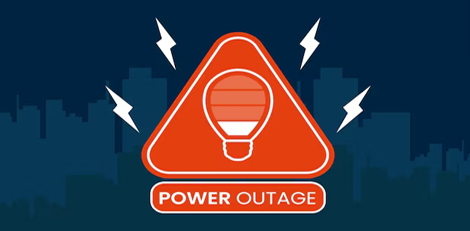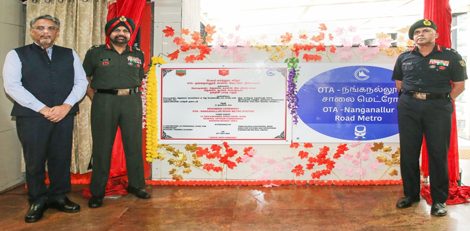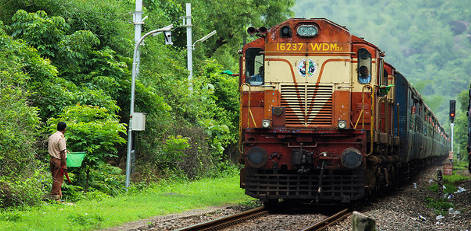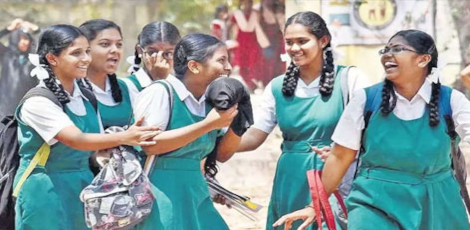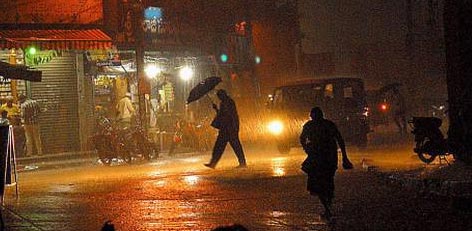Maduravoyal Expressway project: SC seeks expert opinion
Posted on: 12/Mar/2014 11:05:55 AM
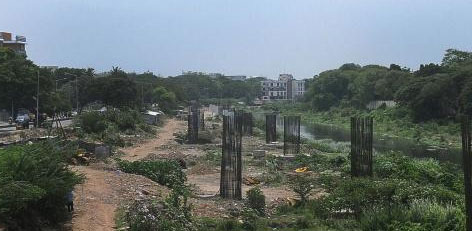
Initial clearance by the Tamil Nadu government was given for the project which was intended to ease traffic congestion. The G.O. permitted the use of one side of Cooum bank for the construction of the EEHL. Erecting 32 additional pillars in the river Cooum, instead of on the banks as originally proposed, would obstruct and hinder the free flow of water and would cause serious inundation during rainy season. Any obstruction in the river will result in the river breaching its banks causing large scale destruction of property and loss of precious human lives. In 2005, there was large-scale flooding, which was caused due to obstructions inside the Cooum River.
Finding fault with the High Court order, the State said, �The High Court referred to the fact that EEHL is a project in public interest and therefore, it should be allowed to be completed, totally overlooking the fact that larger public interest would be affected if an additional 32 pillars are constructed in the river. Equally, advantages from the construction of EEHL are comparatively not so great.�
The Supreme Court on Friday asked the National Highways Authority of India to submit an opinion of experts on flooding of the Cooum river in relation to the Elevated Express Highway Lane (EEHL) project linking Chennai Port and Maduravoyal by a 19-km corridor.
A three-judge Bench made it clear to Attorney General G.E. Vahanvati and Additional Solicitor General P. Wilson that expert opinion was necessary on the possibility of flooding due to the erection of pillars in the middle of the waterway.
Senior Counsel Mukul Rohatgi and Additional Advocate General Subramonium Prasad questioned the Madras High Court�s judgment that cleared the project for implementation.
Mr. Rohatgi said, �We are not against the project. What we are saying is erection of 32 pillars in the middle of the river would result in flooding as it happened in 2005.�
Mr. Vahanvati said pillars were being erected only for a length of 800 metres and rejected the allegation that it would result in flooding.
�We had produced expert opinions in the High Court to show that the erection of pillars would not cause flooding.�
It was in this context the Bench asked the AG to submit the expert opinions and posted the matter for further hearing on March 24th


